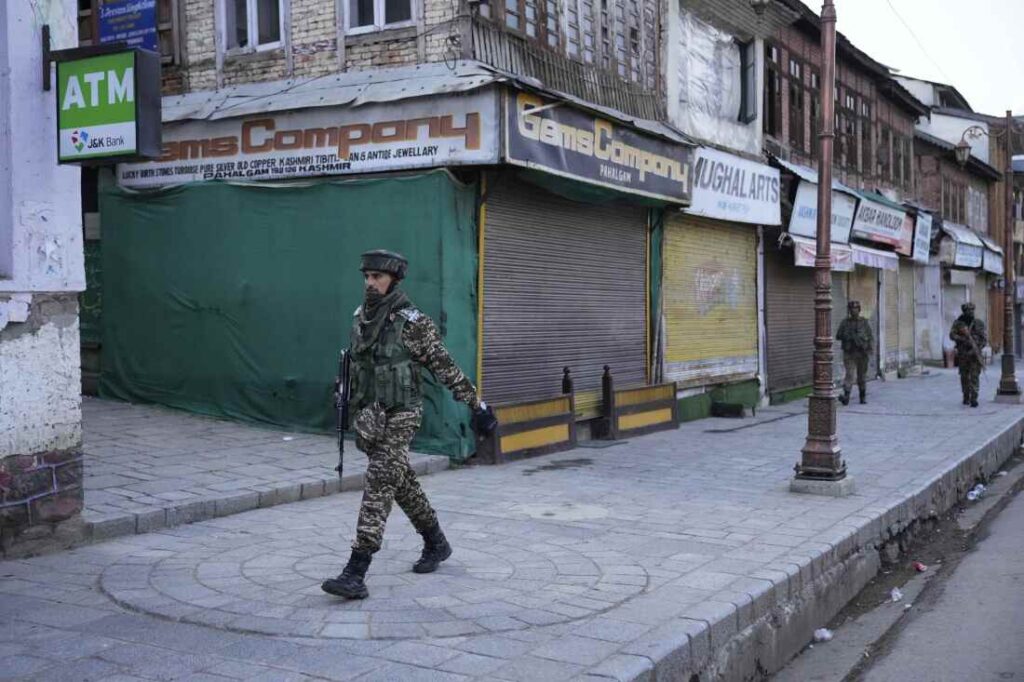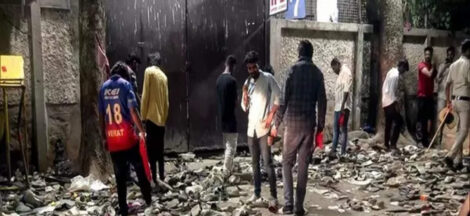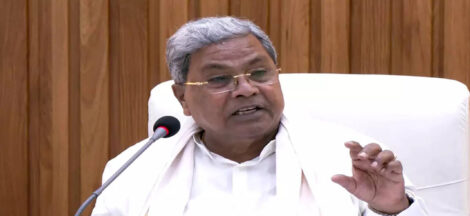India has enacted a series of stringent diplomatic and security measures in response to a deadly militant attack in Pahalgam, Jammu and Kashmir, that claimed the lives of 26 tourists and injured 17 others. The government has suspended the Indus Waters Treaty, closed the Wagah-Attari border crossing, and revoked visa exemptions for Pakistani nationals. Additionally, Pakistani diplomats have been expelled, and all Pakistani nationals holding SAARC visas have been instructed to leave India within 48 hours.
The attack, which occurred in the Baisaran Valley area of Pahalgam, was carried out by four militants who targeted tourists, reportedly sparing those who could recite Islamic verses. A previously unknown group, Kashmir Resistance, claimed responsibility, stating the victims were linked to Indian security agencies and were part of demographic changes in the region. This incident is considered the deadliest targeting civilians in the area since the 2008 Mumbai attacks.
In response, India has downgraded diplomatic ties with Pakistan, reducing diplomatic staff from 55 to 30 in each country. Military, naval, and air advisers in the Pakistani High Commission have been declared persona non grata, and India’s own defence attaché has been recalled from Islamabad. The Wagah-Attari border, the sole land crossing between the two nations, has been closed, with a deadline of May 1 for those who have already crossed to return.
The suspension of the Indus Waters Treaty, a long-standing agreement governing water sharing between the two countries, marks a significant escalation in bilateral tensions. India has cited national security concerns as the reason for halting the flow of water from the western rivers to Pakistan.
Defence Minister Rajnath Singh has pledged a “very loud response” to those behind the attack, emphasizing India’s zero-tolerance policy towards terrorism. He stated that India would take every necessary and appropriate step to ensure national security.
The Indian government is also considering a permanent deployment of Army and paramilitary forces in the region to address security gaps. A detailed review of security arrangements is planned ahead of the Amarnath Yatra, scheduled to commence on July 3, with a focus on securing the route through Pahalgam.




 ED Seizes Sahara Group Land Assets Worth ₹1,500 Crore Across 16 Cities
ED Seizes Sahara Group Land Assets Worth ₹1,500 Crore Across 16 Cities 